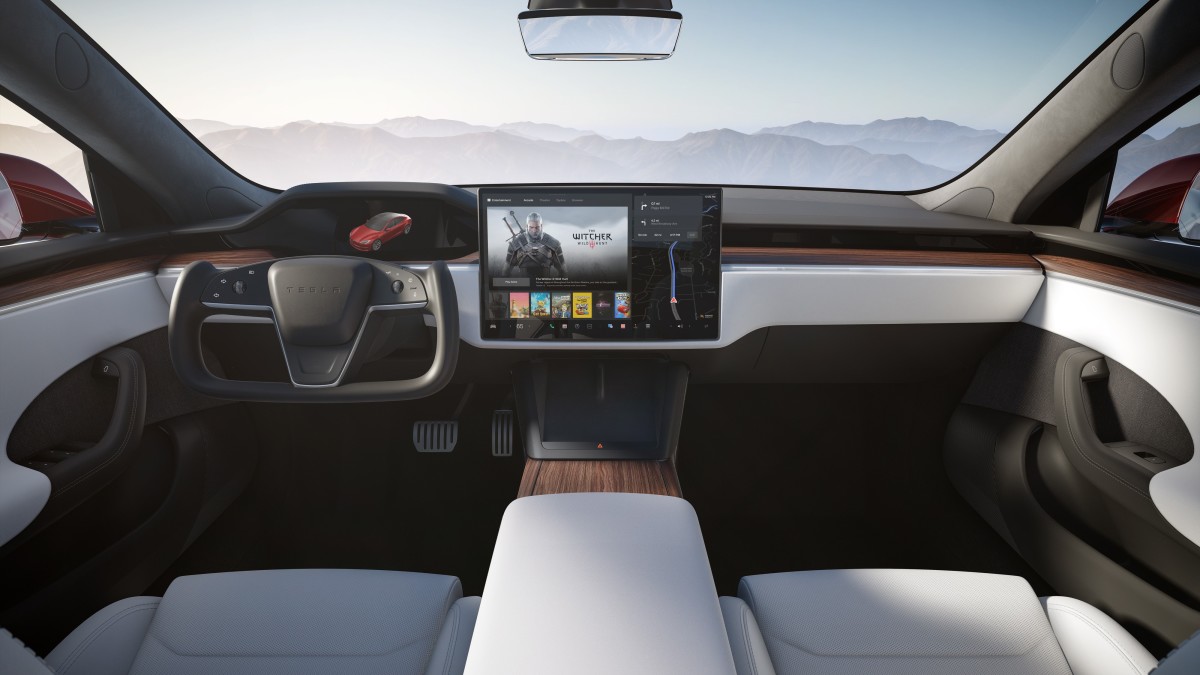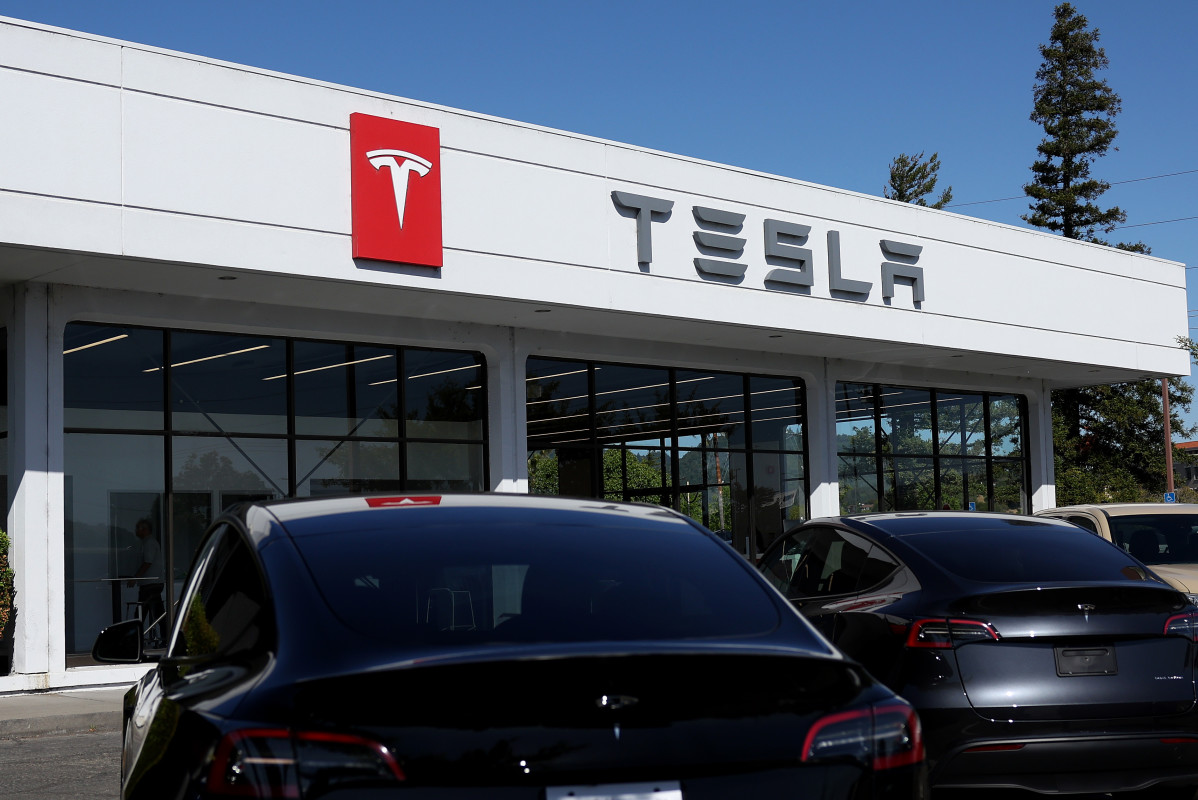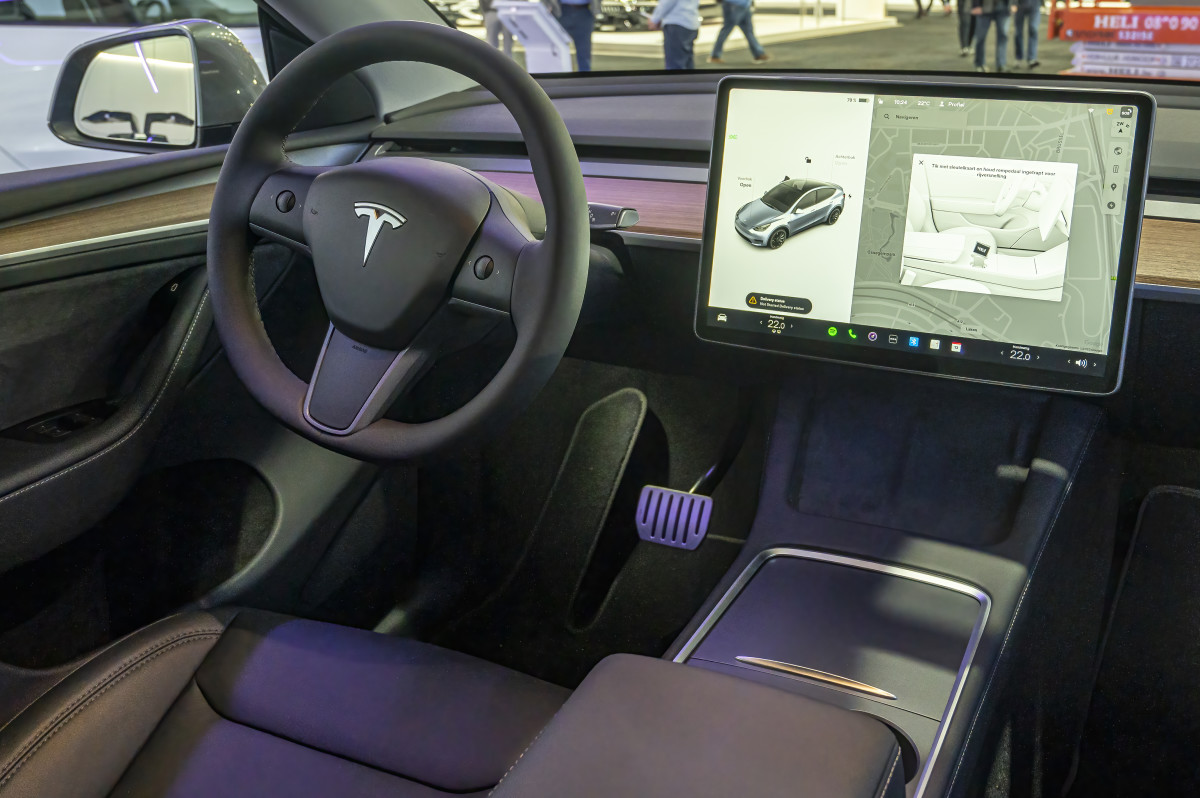
We all did or heard about someone who did something like this after getting our driver's licenses in high school.
Let's set the scene: You beg to borrow the family car on Friday night so you and your best friends can hang out. However, Mom and Dad say to come home by 11:30 p.m., or you'll hear about it the following day.
Rules are rules. The problem is, you're 25 miles away from home, and worst of all, it's not 11:30 or 11:35 p.m.; it's actually 1:35 a.m.
But by some miracle, you drop off all your friends, slowly get the car back in the driveway without waking your parents, and hop into bed as if nothing had ever happened.
Fortunately, times have changed. In the era of Ring cameras, Life360, and social media, parents are a tap away from knowing where and what their kids are doing at all hours of the day.
A new software update will also enable a new layer of protection for Tesla-owning (TSLA) parents, though their kids might hate it.

Tesla's nightmare for teen drivers
According to details seen by Tesla software trackers Tessie and Not a Tesla App, the new version of Tesla's software, version 2024.26, released to its employees on July 3, will include a suite of new functions called Parental Controls.
Protected with a PIN number, Parental Controls allows parents to control different aspects of the family Model 3, Model Y, Model X, and Model S around newly minted young drivers.
Parents will not only be able to set a maximum speed limit, but they will also be able to lock the car's acceleration to the 'chill' mode (the smoothest and slowest accelerating mode) when their kids are behind the wheel.
Additionally, Tesla's suite of safety features, such as Speed Limit Warning, Automatic Emergency Braking, and Forward Collision Warning, can be prevented from being turned off with Parental Controls. Parents can also use a clever new feature called 'Night Curfew,' which sends notifications through the Tesla mobile app when the family car is driven past a set time.
More Business of EVs:
- New study suggests EVs are supercharging an impending environmental crisis
- GM President has bold plans for an iconic sports car's EV resurrection
- Ford CEO says this iconic model will "never" be an EV

The hidden cost of keeping teen driver's safe
Tesla may be one of the first EV brands to introduce such a feature, but other automakers, including some of Tesla's competitors, have embedded "teen driver protections" within their connected car services.
General Motors, Volkswagen, Kia, and Hyundai are just some manufacturers with similar features. These brands offer additional practical features, such as geo-fencing technology that alerts parents via respective apps if their children are driving outside a designated area.
While these features provide a sense of security, parents should know that they pay a price beyond dollars and cents: their children's privacy.
Related: Porsche and Mercedes diverge at EV crossroads
Many of the services mentioned, including Tesla's, run on connected car services scrutinized by lawmakers like Sen. Edward Markey (D-MA) for the data held by "connected car" services propped up by auto manufacturers.
In an April 30 letter filed by the senator's office to the FTC, he and Sen. Ron Wyden (D-OR) called for an investigation into nine automakers, including Hyundai, Kia, and Volkswagen, for "deceiving their customers by falsely claiming to require a warrant or court order before turning over customer location data to government agencies."
"Government agencies must already obtain a warrant to demand the contents of Americans' emails, their private photos backed up to the cloud, and to search their phone. Location data is equally sensitive and deserving of the same strong protections," the senators said in their letter.
General Motors and Tesla require a warrant or court order to retrieve location data.
Tesla, which trades under TSLA on the NASDAQ, is up 3.71% today, trading at $262.33 at market close.
Related: Veteran fund manager picks favorite stocks for 2024







